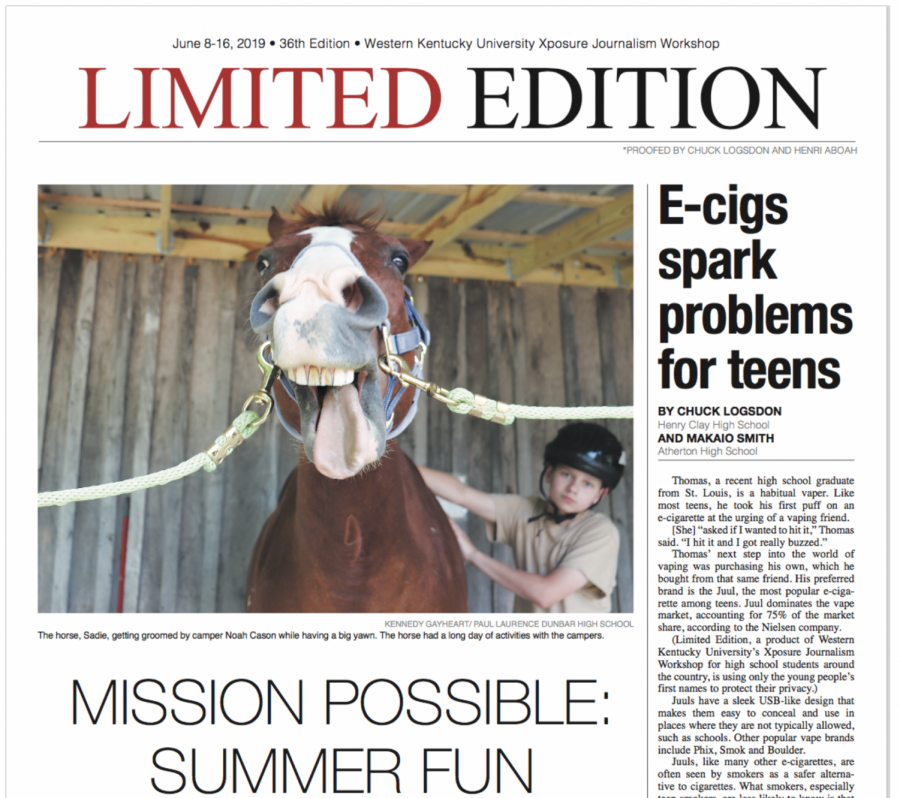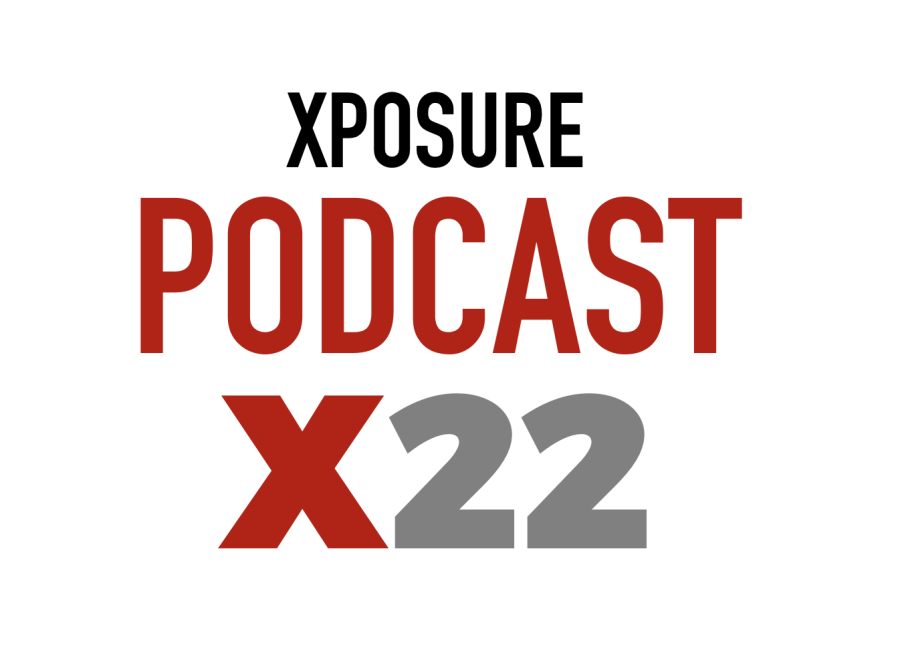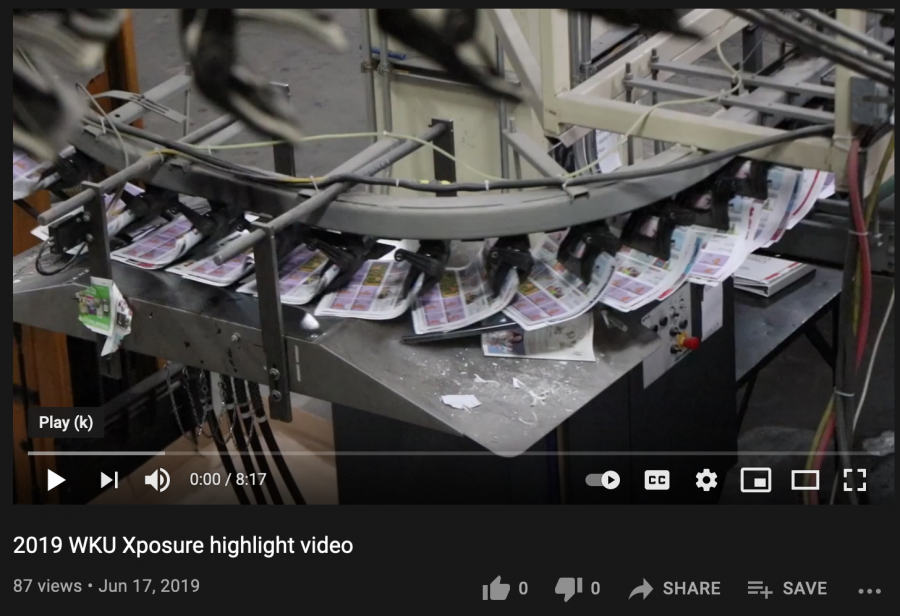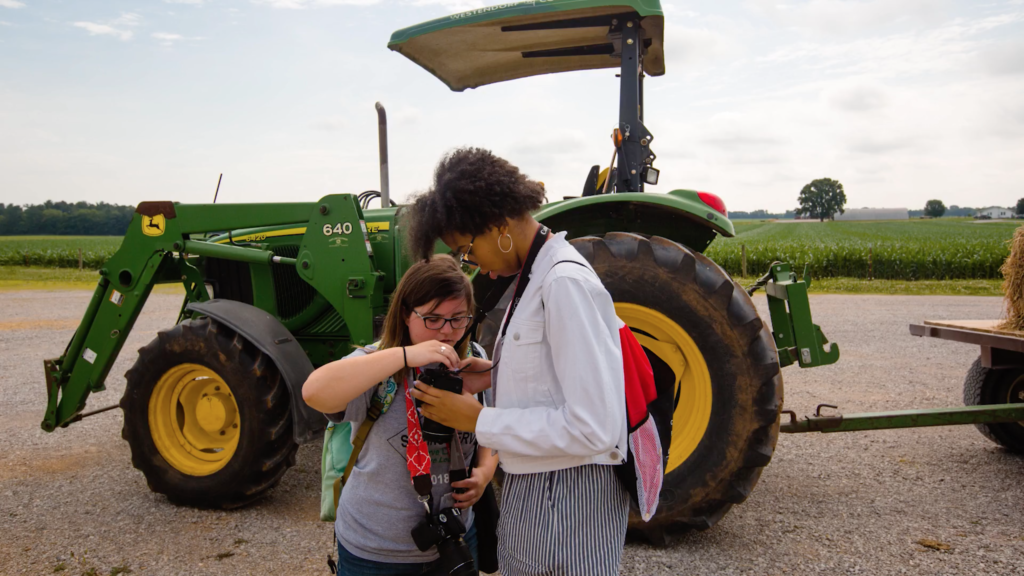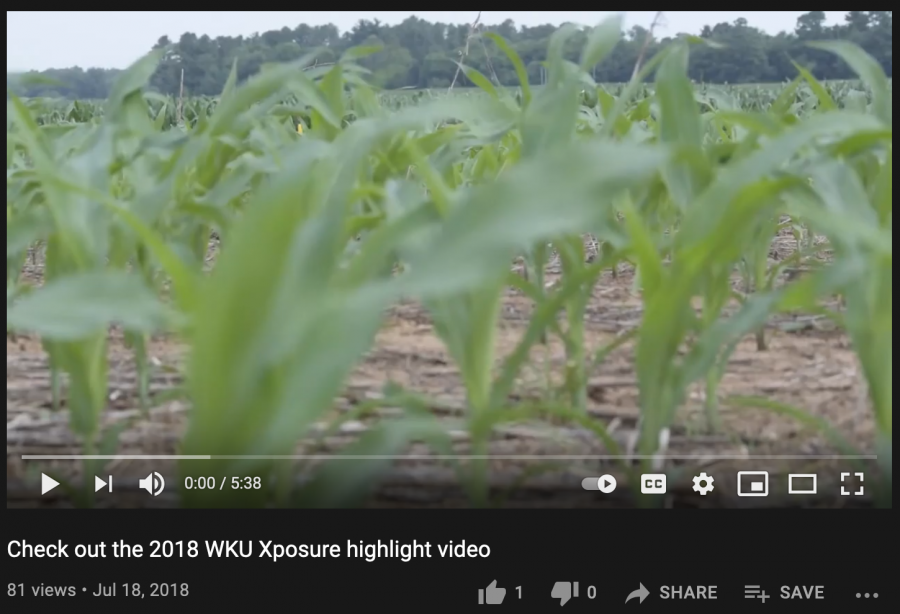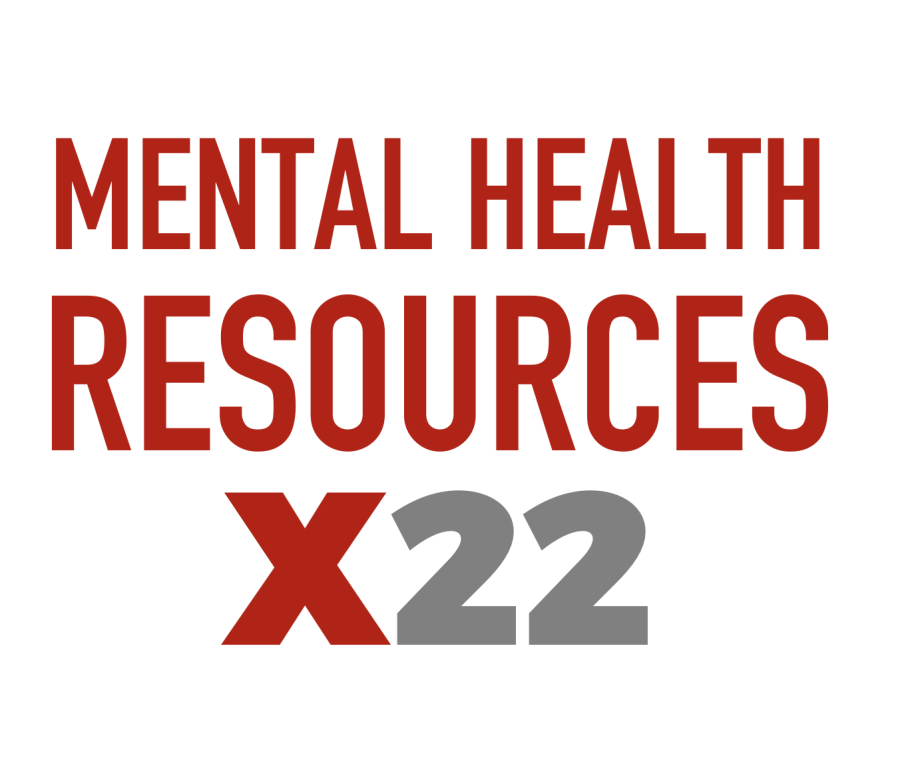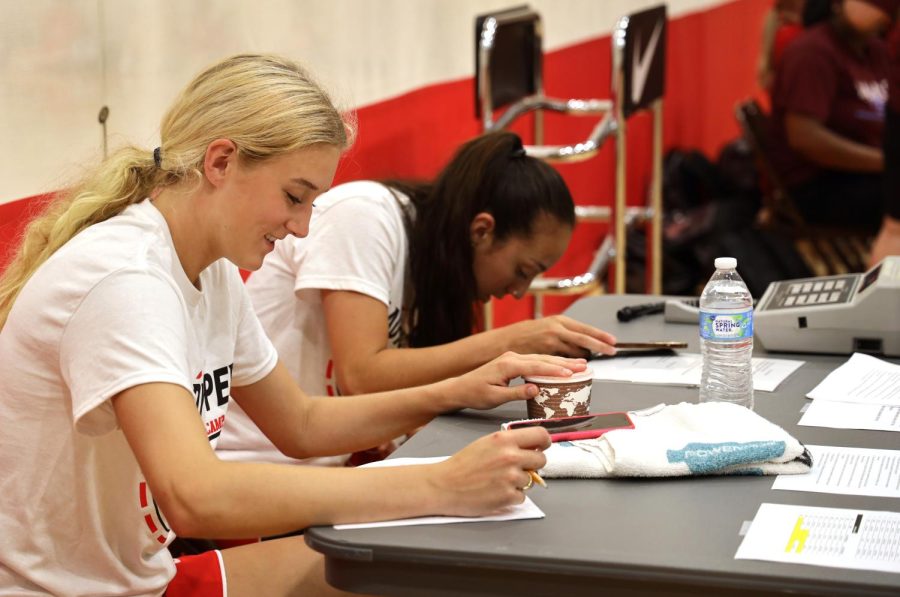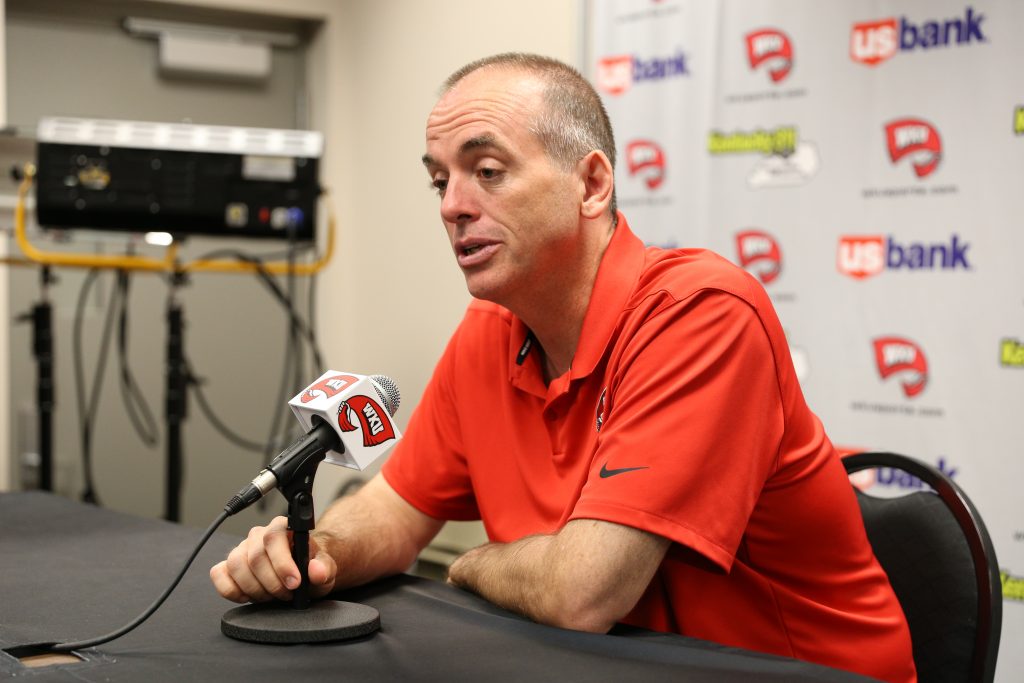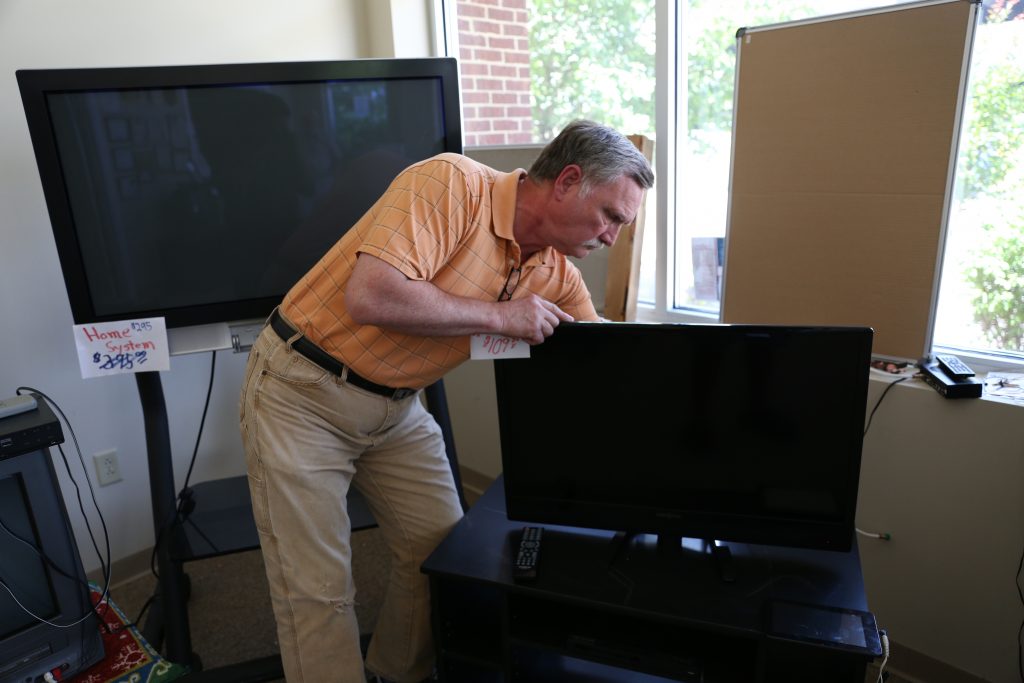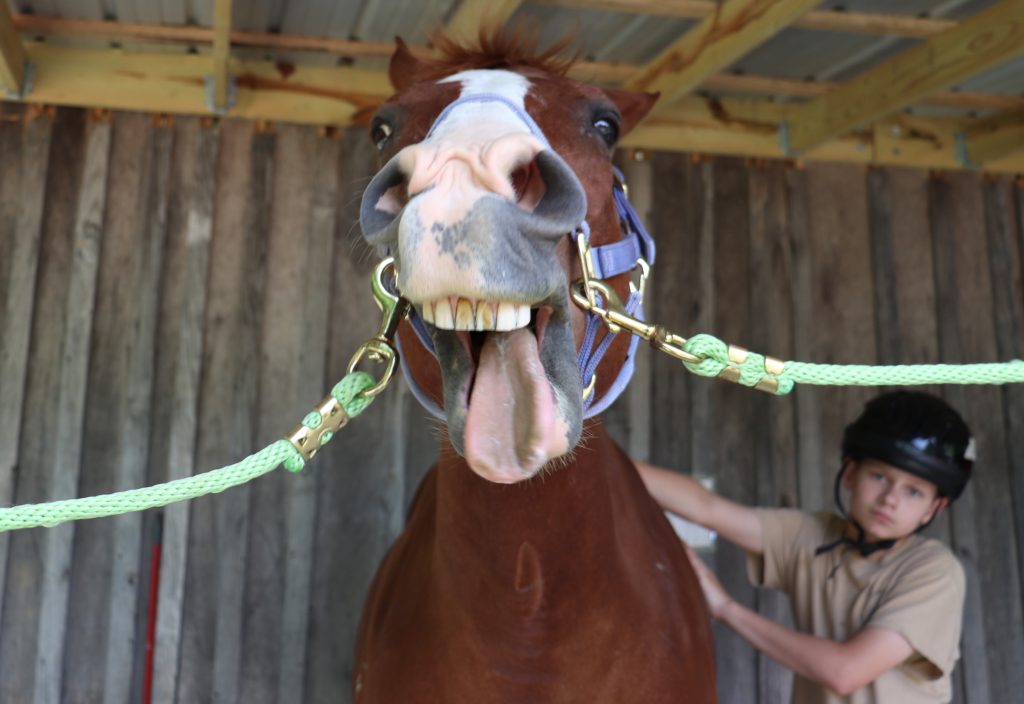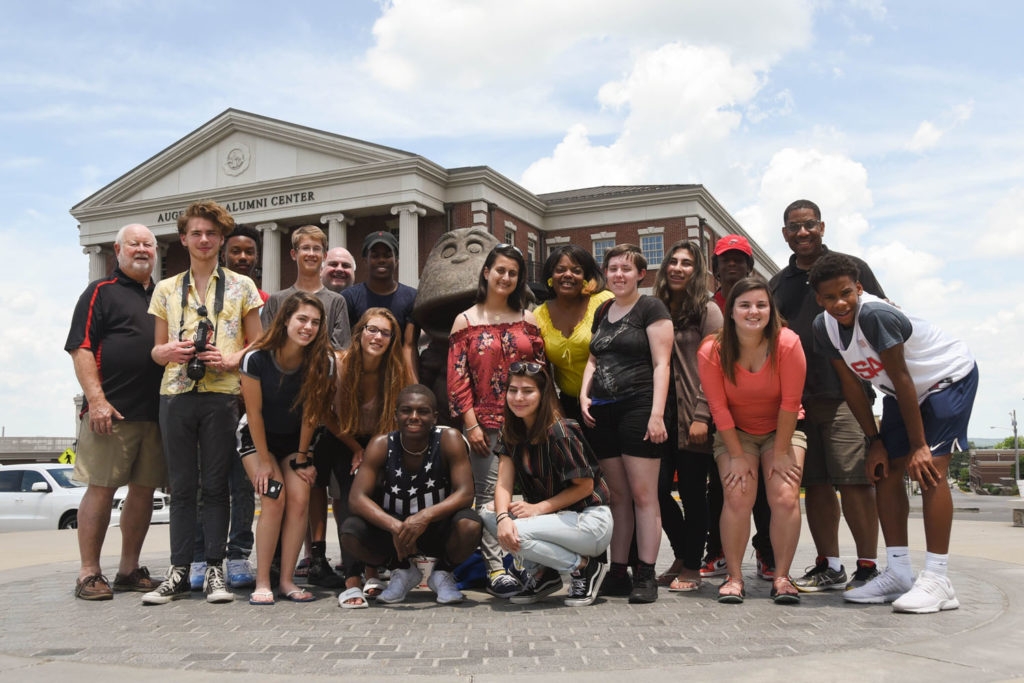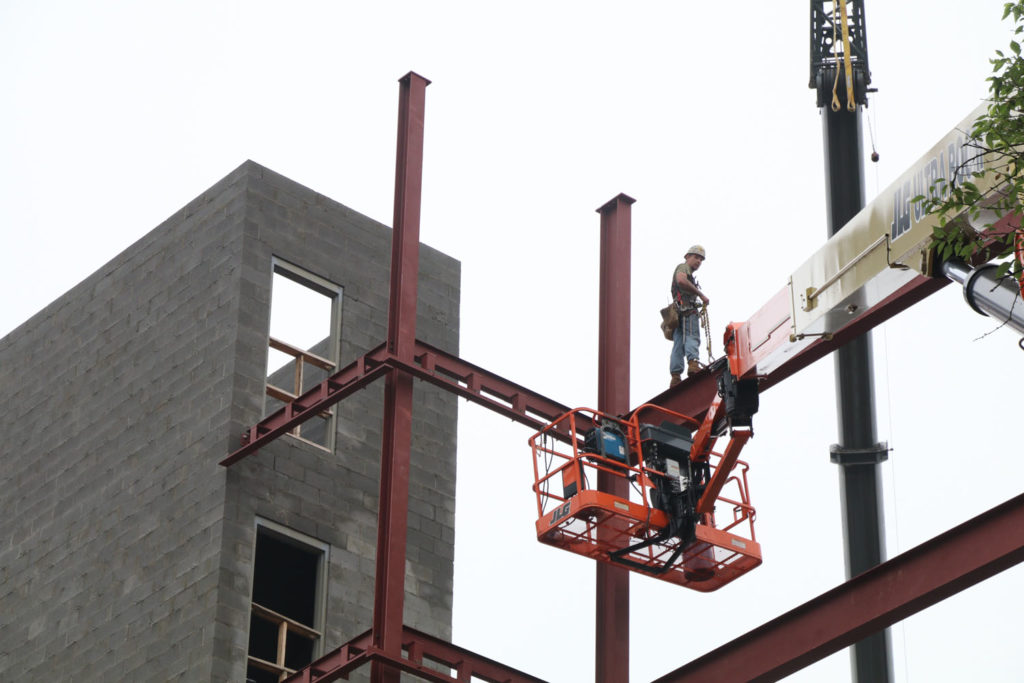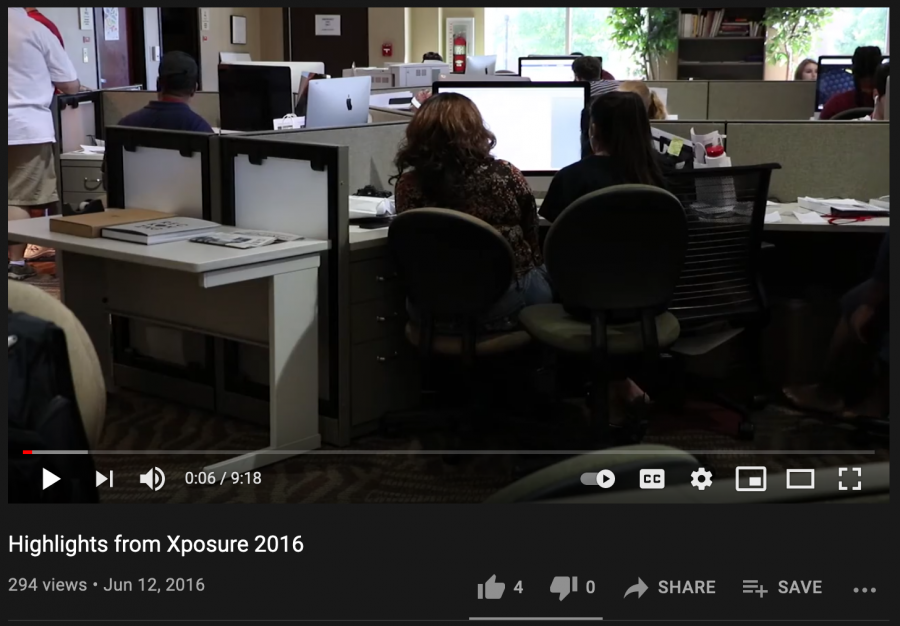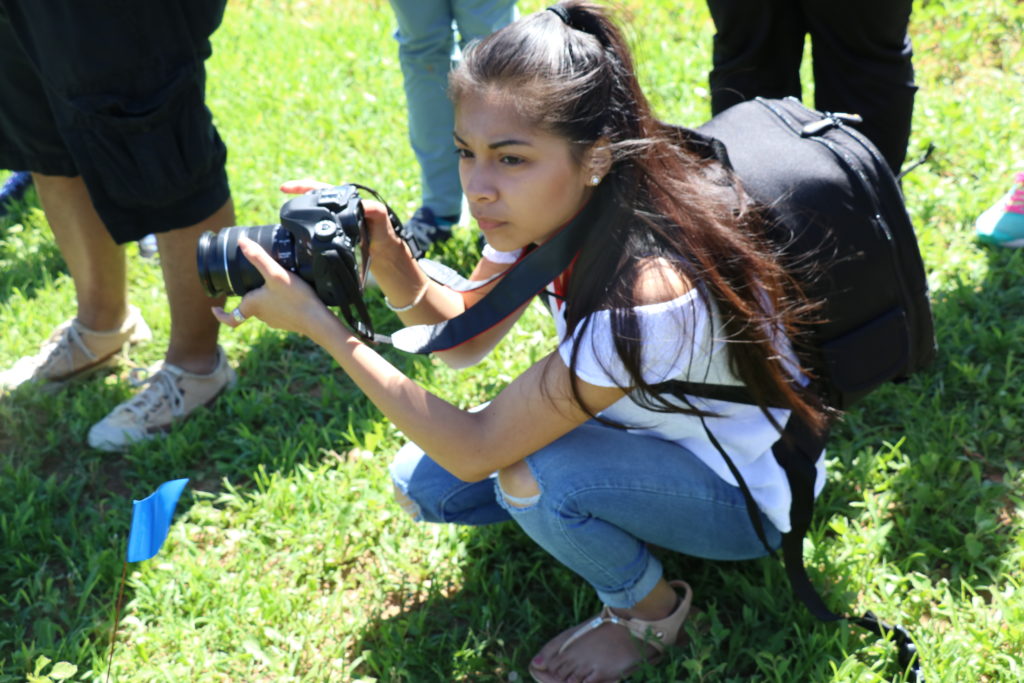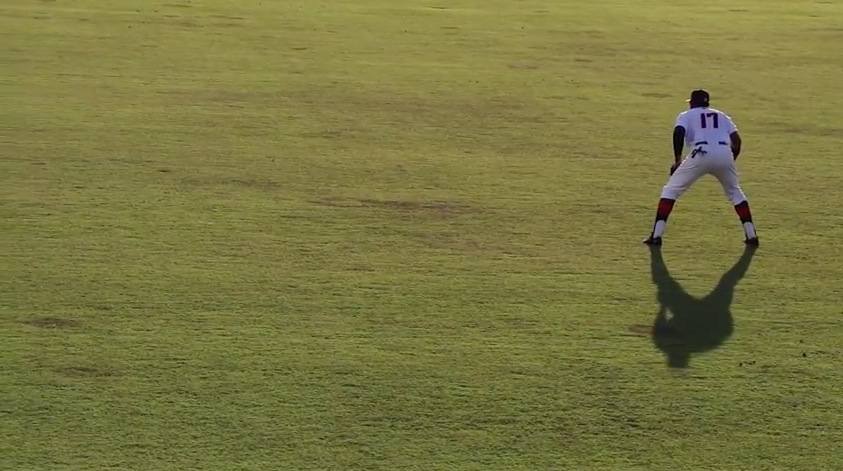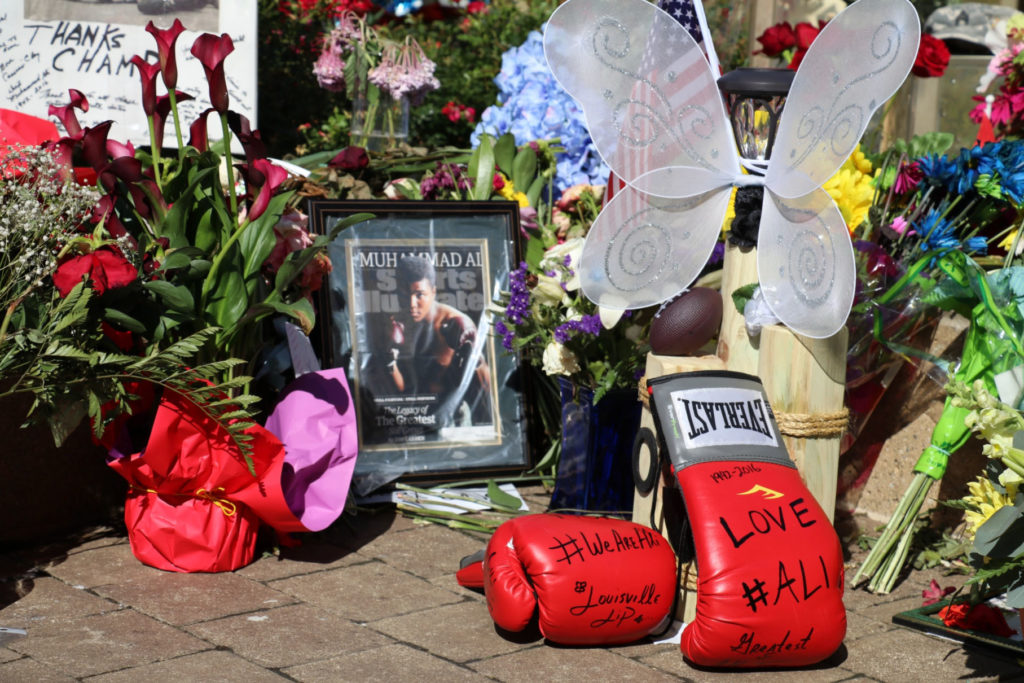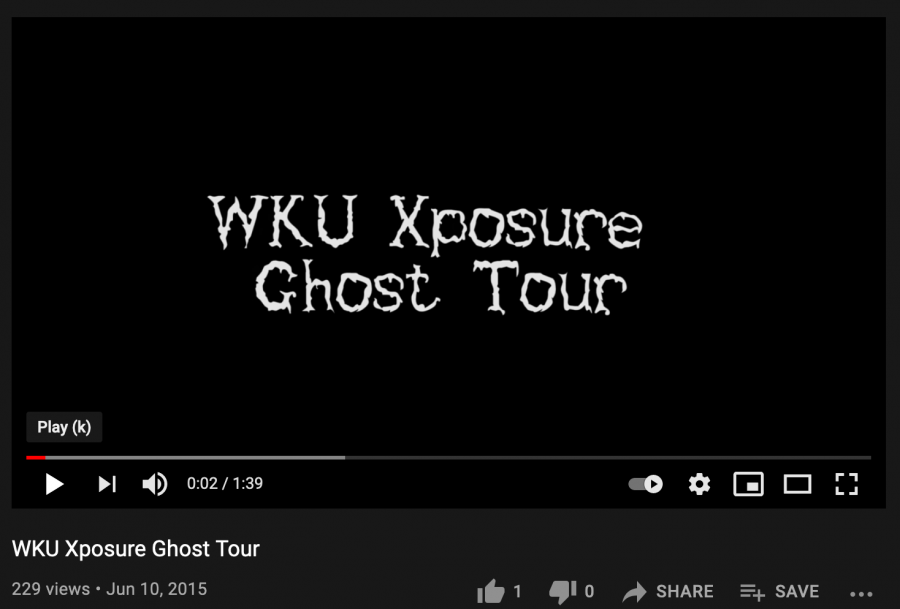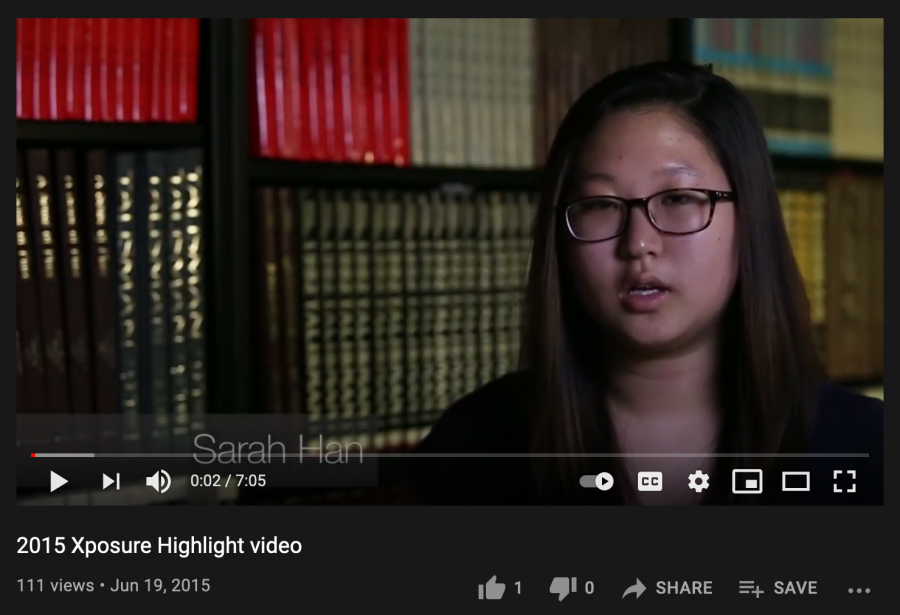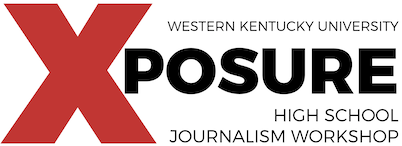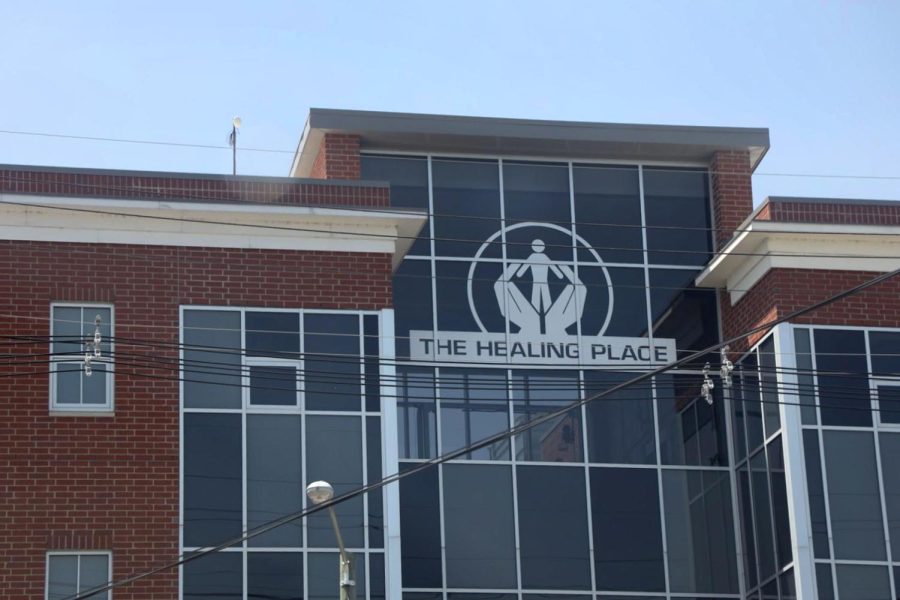Lack of treatment for teens creates addiction vulnerability
The Healing Place, a treatment center in downtown Louisville.
Keith Farmer’s story and fight with addiction started when he was 12 years old. His battle with finding recovery didn’t happen until he was 35 because his family didn’t consider his use of pain pills and heroin to be a problem.
“It was just what we did,” the Louisville resident said. “I didn’t know it was a problem. You don’t know you have a problem until you have it.”
With a family that is full of addicts, it’s not common for any of them to get help or be supportive of the other family members searching for help because they often don’t want help, experts say. They don’t want to have a light shined on their mistakes and cries for help.
Brandon Lockwood, 41, also of Louisville, said he started his journey with addiction when he was 15 years old. Since then, he has been in 20 different recovery settings: detoxes, 28-day programs, half-way houses.
Lockwood is currently in The Healing Place, a rehab center in Louisville.
“This is my first long term treatment and is the first-time court mandated,” Lockwood said.
Through the resources of rehab, Lockwood was able to gain knowledge on the symptoms and signs of addiction, giving him an edge over his problem.
Before rehab, he said, “I thought I was smarter than the disease.”
With a supportive family that is awaiting positive results and indications of recovery, Lockwood is now looking forward to full recovery and says he is making real progress.
Cameron Isbell’s first experience with controlled substances started when he was 13 years old and living in Tuscaloosa, Alabama. He described his experience with a quote from the foreword to the first edition of the Alcoholics Anonymous book, which talks about trying to recover from a “hopeless state of mind and body.”
He feels like he has a reliable support system – but one that is also flawed. He described his mother as a “high functioning addict,” which is what experts call a drug user who is able to perform at a sufficient level while abusing drugs.
Other than his mother’s addiction to opioids, his family was very against alcohol and nicotine products and mostly stayed away from them until Isbell was admitted into his first rehab program when he was 22.
All of these experiences – one having a larger family history factor, one having a ton of family support and another being more about being the outlier in the family history – all have one thing in common: They all started as teens.
Oldham County Sheriff’s Deputy Russell Ruff said marijuana is still the number one drug he sees teens and adults using.
“I usually see teen athletes getting injured and then they get addicted to the pain pills they were given,” he said. “When I arrest a minor, unless it was a class D felony or higher, they are returned to their parents and are not sent to a facility.
“And depending on the case,” he added, “we sometimes must bring the juvenile to the detention center in Campbell County, which is an hour to an hour and a half away.”
Ruff said the problem is there are no rehab centers or programs for minors in Kentucky, including at the detention centers.
Keith Farmer, Brandon Lockwood and Cameron Isbell all said if they had gotten help when they were teens, they most likely would not currently be in a rehab center in Louisville.
And, they think, the lives of countless others might be remarkably different, too.


